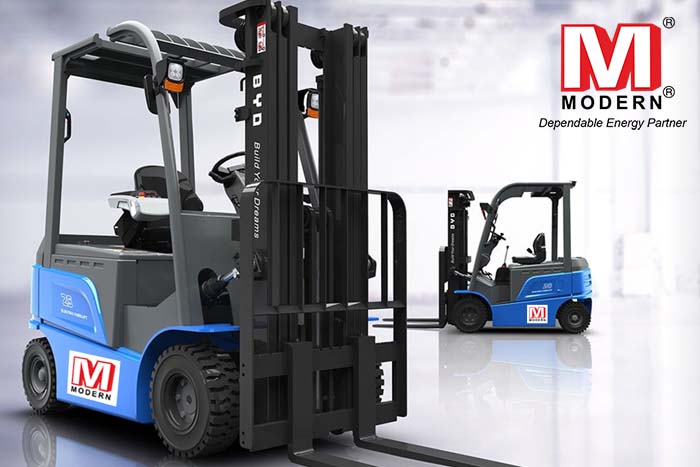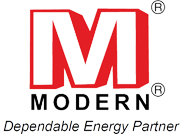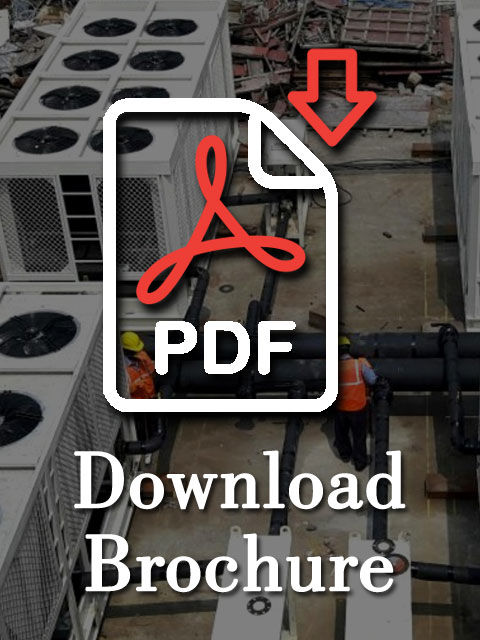
Renting vs. Buying Forklifts: Making the Right Decision for Your Business
When it comes to acquiring forklifts for your business’s material handling needs, the choice between renting and buying can have significant implications. Each option has its own set of advantages and considerations. In this article, we’ll explore the pros and cons of renting and buying forklifts to help you make an informed decision:
Cost Considerations
Renting: With renting, you avoid the upfront capital costs associated with purchasing forklifts. This is especially beneficial for businesses looking to manage budget constraints and allocate resources strategically.
Buying: While buying involves a higher upfront investment, it offers the potential for long-term cost savings, especially if you have consistent and ongoing material handling needs.
Flexibility and Scalability
Renting: Rental agreements offer flexibility to adapt to changing operational demands. You can easily adjust your fleet size or switch to different types of forklifts as your business evolves.
Buying: Purchased forklifts provide long-term solutions, but they may limit your ability to accommodate sudden changes in demand or technological advancements.
Maintenance and Repairs
Renting: Rental agreements often include maintenance and repair services, reducing the burden on your maintenance team and minimizing downtime due to equipment issues.
Buying: Owning forklifts means you’re responsible for maintenance costs, repairs, and spare parts. This can be advantageous if you have an in-house maintenance team.
Depreciation and Resale Value
Renting: You don’t need to worry about depreciation or managing the resale value of forklifts, as rental equipment is returned to the provider after use.
Buying: Owned forklifts depreciate over time, affecting their resale value. However, you have the potential to recoup some costs by selling them when they’re no longer needed.
Short-Term vs. Long-Term Needs
Renting: Renting is ideal for short-term projects, seasonal demands, or specific events where acquiring equipment for a short duration is more cost-effective.
Buying: Purchasing suits businesses with consistent and long-term material handling requirements, providing stable equipment for ongoing operations.
Conclusion: Finding the Right Fit
Ultimately, the decision to rent or buy forklifts depends on your business’s unique circumstances, goals, and operational needs. Carefully consider factors like budget, flexibility, maintenance capabilities, and the duration of equipment usage to determine the best approach for your material handling strategy.
If you’re looking for flexibility and cost-efficient solutions, contact us to explore our range of forklift rental options tailored to your business needs.

